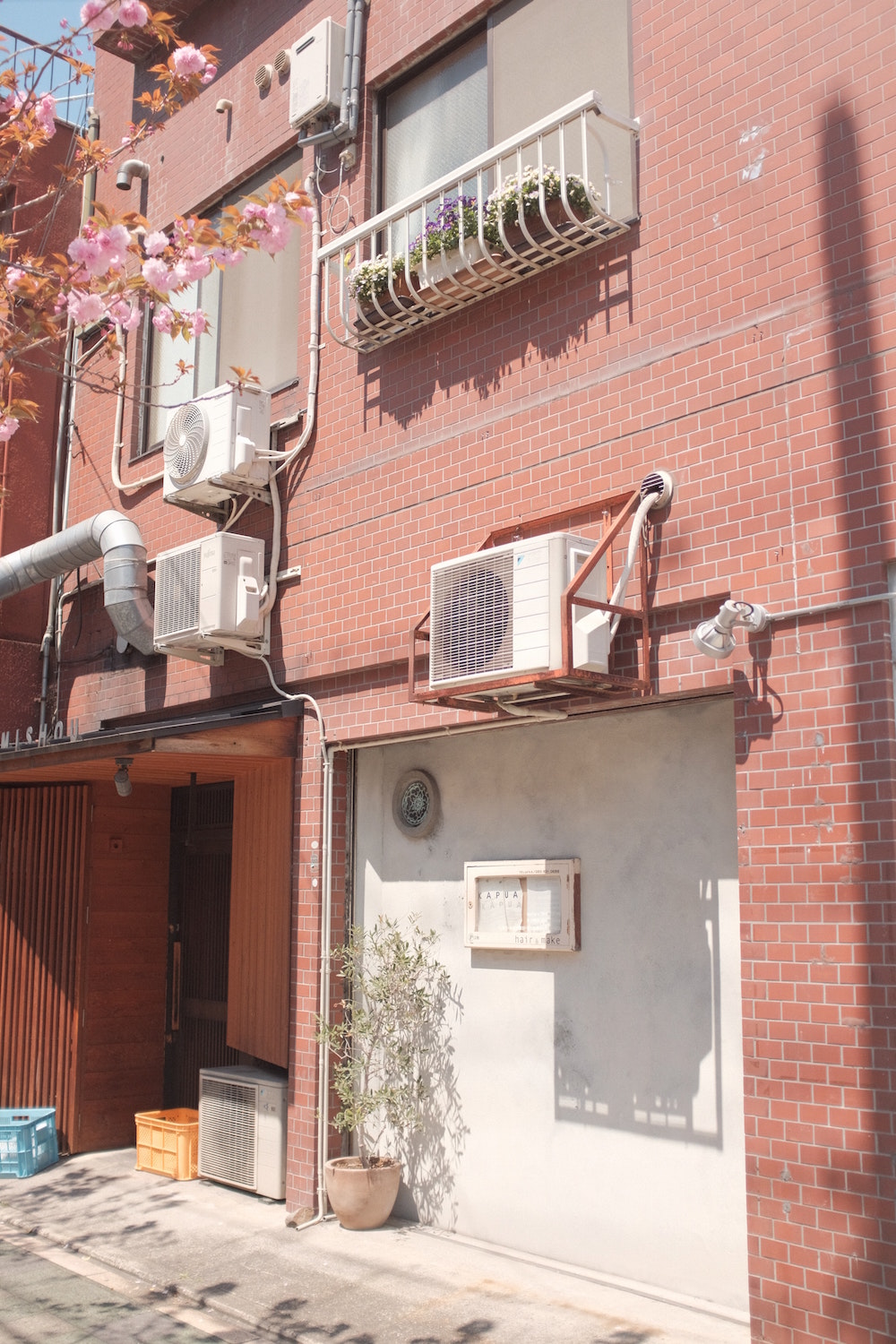How to Check If You Need to Replace Your HVAC System
Air conditioning technology was and is still considered one of the miraculous things that technology offered to mankind. Even though it’s been around for a while, the production and manufacturing of HVACs are rapidly evolving to accommodate for higher usage and more convenience. It’s important to understand that an HVAC system is a slightly delicate machine that can be worn down with certain usage over time. Investing in a new HVAC system is a costly experience, and it’s as important as selecting your very first HVAC system. To help you determine the best time for replacing an HVAC system, we’ve created a list of the things you should check regularly.
Noises and Vibrations
It’s not uncommon for any HVAC system to start getting louder as they age, but there are some noises that you might want to check if you happen to hear, such as blower humming, outdoor noise, furnace banging, and starting up noise. Fortunately, some of these noises are the product of a loose part or a failing little part that requires replacing. But if these noises continue existing even after the repair is done by hvac repair clifton nj, that’s a telltale sign that you might need to replace your HVAC system.
Longer Running Duration
Naturally, all HVAC systems have an expected lifespan that can slightly vary according to use. As a system gets older over time, you’ll notice that it’s taking more time to start up and produce results, compared to its early days. This may happen due to decaying coils or a bad blower motor, so it’s recommended to make sure that it’s not such an issue through repair services before you order a new one since they may be still repairable. If the problem isn’t exactly caused by these two elements, it means that the HVAC system is unable to properly reduce the temperature of the air and circulate it in the space. This is why you may see your HVAC system running for very long periods without efficiently, reducing the temperature of the room or house.
Frequent Repairs
Maintenance and repair of an HVAC system are not that odd or out of place, but sometimes the frequency and extent of repairs can give you a clear idea of whether you need to replace the system or not. Fortunately, many parts of the AC are repairable and replaceable, but HVAC systems are still bound to start failing uncontrollably and require complete replacement. Some parts can end up costing you more in the long run if you repair them instead of replacing the system, such as the motor, compressor, or coils. The costs of replacing and installing these parts are a clear indicator that you’re starting to invest in an old system that’s bound to completely fail at some point. The upfront cost of a new HVAC system is surely costly, but in the long run, it will actually be much cheaper than constantly paying for expensive repairs.
Lack of Maintenance
While HVAC systems can continue running for a pretty good amount of time without maintenance, it doesn’t mean that they don’t need it. A lot of problems that happen early on can be easily caught and repaired through routine maintenance, but if these problems are left unchecked, they can easily evolve into very costly and essential repairs. Regularly scheduled maintenance is the best bet when you’re looking to increase the lifespan of your HVAC system. Some issues can become dangerous if they are not monitored, such as frayed wires, exposed conduits, and other visible damages that can be a potential threat to your home.
Exceeding a Certain Age
We’ve mentioned that maintenance can elongate the lifespan of an HVAC system, but there are still limits to how long an HVAC system can last. Proper routine maintenance may push the lifespan to a bit more than a decade, but if you haven’t been taking care of it, expect your HVAC system to start deteriorating quite fast after 10 years, making it a good time to look for a replacement. This will also translate to higher costs of repairs and energy bills because it will become less efficient. Newer systems are known to be more efficient because they utilize energy much better thanks to newer technology, especially smart technologies.
Whether the system is operating in a commercial or residential property, there are a lot of signs that can indicate that it needs a replacement, not to mention certain red flags that you want to make sure you notice when they appear. The last thing you want is to get locked in a vicious cycle of repairs and replacements.







